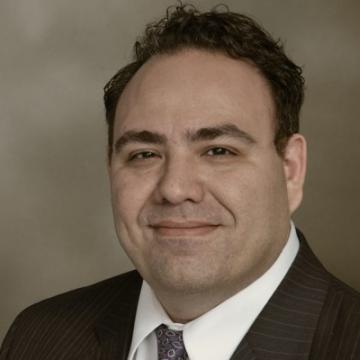The purpose of the Pennsylvania Wrongful Death Statute, 42 Pa.C.S.§8301 is to compensate the survivors of the decedent for pecuniary losses they sustained as a result of the decedent’s death. Exactly what evidence is required to support such a claim has never been well-defined. The most recent case to tackle the issue, Hatwood v. Hospital of the University of Pennsylvania, provides very little additional guidance other than to point out that little evidence is actually necessary.
Plaintiffs Hatwood and Jacobs are the parents of deceased baby boy, Hyseem. The parents filed suit against the Hospital of the University of Pennsylvania alleging negligence during the birth of their child. During delivery, the child required resuscitation immediately after birth due to a brain injury. As a result of the brain injury, the minor suffered cerebral palsy and associated respiratory and neurological conditions. The minor passed away 17 months later from complications associated from those conditions.
At the end of the trial, the jury awarded the plaintiffs approximately $2.2 million dollars. On appeal, the hospital and its physician challenged the jury instruction indicating that the plaintiffs could recover under the Wrongful Death Act for the loss of society and companionship of their child.
The Superior Court began its analysis by noting that the Wrongful Death Act allows a spouse, children, or parents of a deceased to sue another for a wrongful or neglectful act that led to the death of the deceased. Damages for wrongful death are the value of the decedent’s life to the family, as well as expenses incurred by reason of the death. The family may recover not only for medical, funeral, and estate administration expenses that they incur, but also for the value of the services of the minor, including society and comfort.
The hospital challenged the sufficiency of the evidence the plaintiffs introduced in support of the claim for companionship and society. The Superior Court of Pennsylvania cited Spangler v. Helm’s New York-Pittsburgh Motor Exp. 396 Pa. 482, 153 A.2d 490 (1959), which stands for the proposition that there is no mathematical formula where “compassionately bestowed benefits can be converted into a precise number of bank notes…” The Superior Court in Spangler indicated that the only evidence required is the “best evidence available.”
In Hatwood, the Superior Court cited testimony from the father of the deceased who testified that the family was a close-knit unit. The deceased’s brother testified that he and his younger brother helped to care for the decedent during his brief life. The court heldthat nothing more was required and the jury could rely upon its common sense in determining the value of the companionship that a child would have brought had a child not passed away.
What It Means to You
Claims for companionship and society under the Wrongful Death Act are broadly construed. While claims for companionship and society should always be challenged, it should be noted during the evaluation process that these claims are difficult to eliminate and the focus is typically on minimizing the claim, not eliminating it.
